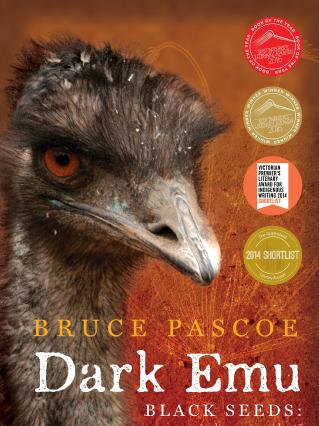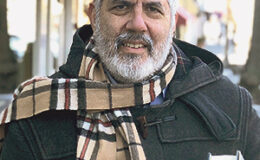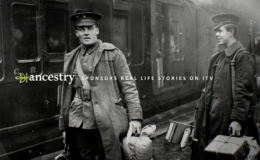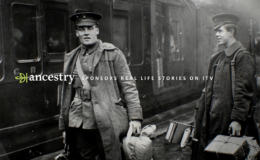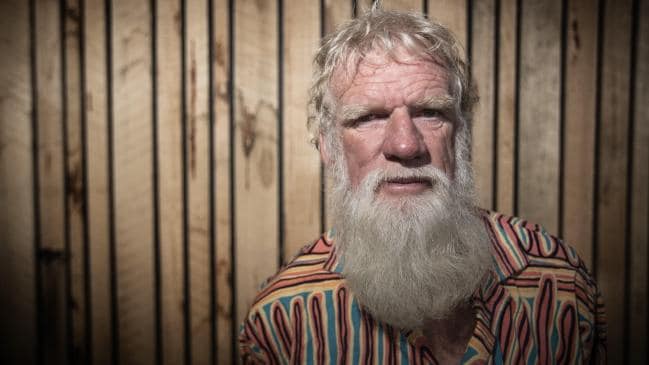
Bruce Pascoe is hurt and mystified by those questioning his Aboriginality and referral of the claims to police, saying he has demonstrated his indigenous heritage to his community.
Professor Pascoe, joint winner of a $30,000 inaugural Indigenous Writers’ Prize in 2016, told The Australian people had a right to raise questions but that there was a “nasty” tone to debate over Aboriginality. “I think it’s natural enough for Australians to want to know that Aboriginal people who say they are Aboriginal are in fact Aboriginal,” he said.
“But there is a way of asking that question. And it’s about politeness and decency. And do you ask a stranger that first up?
“I haven’t met these people and yet they want to comment about my family.”
“These people” is a reference to Aboriginal entrepreneur Josephine Cashman, whose complaint about Professor Pascoe led Home Affairs Minister Peter Dutton to refer the matter to the Australian Federal Police.
“I don’t really know what to make of it, and I’m too bloody busy to bother about it at the moment,” said Professor Pascoe at an indigenous festival in Cygnet, south of Hobart, where he is to appear in a panel discussion. “There’ll be a time when I will, but right at the moment I’ve got other things on my mind. Our life isn’t an episode of My Kitchen Rules; we’re not here to kick people off the set or off the game — we should be trying to work together for a better country, not for a nastier country.”
Minister rejects national register of Aboriginality|Turning history on its head|AFP eyes case of author’s identity|Bruce Pascoe: beyond a yarn into artistry|Why Bruce Pascoe’s book touches a nerve|
The author of the acclaimed Dark Emu, which argues for a reassessment of the hunter-gatherer label applied to traditional Aboriginal life, said he was still concerned about the fate of properties near his home in Mallacoota, having spent weeks defending his farm and others from bushfires.
He said he was in no doubt he was of Aboriginal descent and was accepted in his community as such. “I always have been — not everybody everywhere (accepts me), but in the communities where I’ve lived I’ve been accepted because the community has actually helped me with tracing family,” he said.
Professor Pascoe, who holds a position at the University of Technology Sydney’s Jumbunna Institute for Indigenous Education and Research, said he did not favour Aboriginal self-identification alone but that there were flaws with an Aboriginal register or DNA testing.
“We need to have a decent conversation about it (methods for establishing Aboriginality) but in indigenous communities where quantum DNA registries have been tried, they have destroyed community — they haven’t built community,” he said.
“So we have to be careful about that. I told my kids when there was talk of blood quantum coming into Australia to determine identity that if they did the mathematics test they did on First Nation American people, we would fall below the line.
“But I said ‘It won’t change our life’. Our life has been within the community ,and always will be.”
In an email to Mr Dutton, Ms Cashman disputed Professor Pascoe’s past statements that he was of Bunurong and Yuin descent, alleging these were not supported by a genealogy search.
She said the historian had benefited financially from his claim to Aboriginality.
The AFP on Monday said it was still assessing material provided by Ms Cashman to Mr Dutton. Professor Pascoe said he was yet to hear from the AFP.
Tasmanian Aboriginal leader Rodney Dillon on Monday backed Professor Pascoe, saying the issue was “nothing to do with Dutton” or police; all that mattered was Professor Pascoe was accepted by his own community as Aboriginal.
“It’s not the role of government; that’s not the place where you do this sort of thing,” he said. “It’s only up to his local community that he lives in and works with.”
